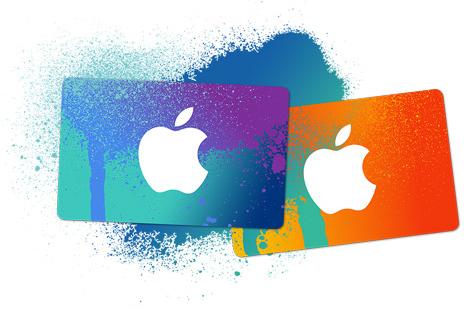When’s the last time you dipped into your bank account to download music? My guess is at least a few years. I know that I haven’t paid for a song on iTunes, or any other music site, since my last year in middle school. Apple’s decision to start selling a majority of their songs at $1.29 in 2009, as opposed to the original 69-cent and 99-cent price tags set me over the edge. With that said, the record companies are the ones who dictate music prices, so it all boils down to the same question: why so expensive?
According to David Pakman, former CEO of eMusic, record companies don’t believe that music is “an elastic good,” meaning a good whose price can be altered. This results in the price of music remaining the same or, in some cases, rising, but never decreasing. What’s most interesting about this is that eMusic conducted studies on this topic and found that a decreased price in music resulted in a greater number of sales. Major record companies are aware of this, but still no change has been made.
As we progress through a time period of technological innovations, the music industry is changing significantly for the first time since 1999, which marked the beginning phases of the shift from CD purchases to online downloads. The creation of music streaming websites such as Pandora and Spotify are the catalysts to this change. These sites provide an easy way to access practically any song, artist, album or genre all in one place. Prior to this trend, the average consumer was spending $45 to $68 per year on music. With these new options available, consumers are now being asked to spend around $10 a month to stream their music, resulting in them paying almost double what they spent on downloads and CDs in the past.
As more and more people are signing up and subscribing to sites to stream their music, one has no option but to look past the price and point out further flaws. The fact that the average amount of money spent on music has doubled is one thing, but a recent news article by TIME magazine raises greater issues with this more expensive service. According to TIME, Taylor Swift has recently removed all of her music from Spotify, one of the most popular music streaming services. The artist has her own reasons for doing so, the major one being she feels she hasn’t been paid enough, but the real problem relates to the consumer. Swift is the most popular artist in the country, proving this with her most recent album dominating the market with 1.7 million copies sold in the first two weeks. It is clear that she is incredibly popular throughout the United States, but now she is inaccessible through the newest innovation in the music market. This creates another reason why I disagree with the prices for music today.
It is obvious that society has jumped on board with the newest trend of streaming music, and I have to admit I’m going along with it as well. I do not agree, however, that the music industry should charge us consumers so much extra money for access to our favorite songs, artists and albums. Instead, I think the record companies, and music industry as a whole, need to take time to research and learn the consumer’s trends. If they were to do this, and take into account the information they find, as opposed to ignoring it as I mentioned earlier, they could lower the cost of music without hurting their profit margins. This would result in an increase in downloads and listeners, meaning the switch would be beneficial to producer and consumer, an ideal situation for all.
With music-streaming sites increasing in popularity, the direction of music is taking an inventive route. It is convenient to have everything within reach at the click of a button, but the music industry needs to reconsider the price they want us to pay. If prices were to decrease, I would enjoy using music streaming sites more than I do now, and, as studies show, the number of listeners would increase. The major streaming companies like Spotify and Pandora need to take their customers needs into consideration and lower their prices so that more people can access their music without worrying about the price.
(photo via)







































































































